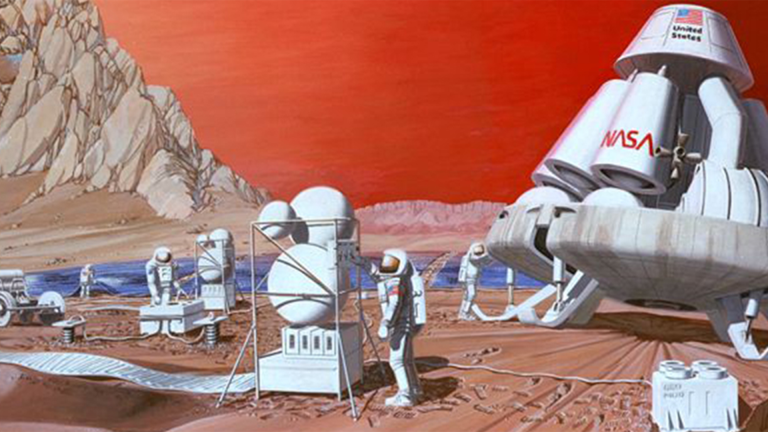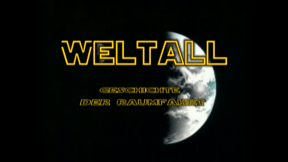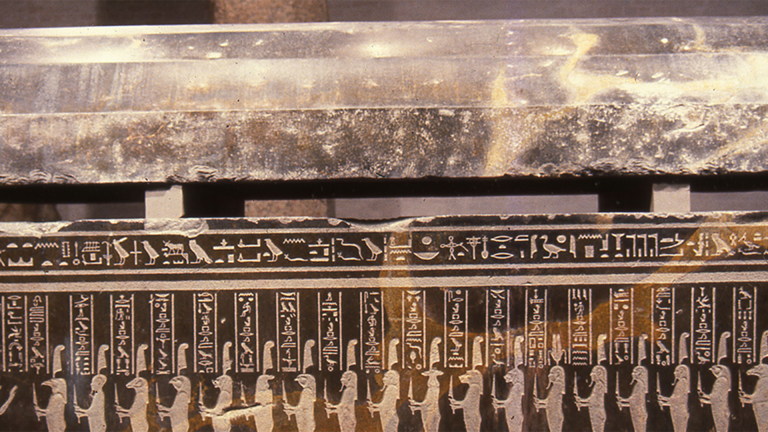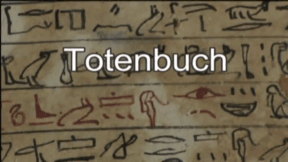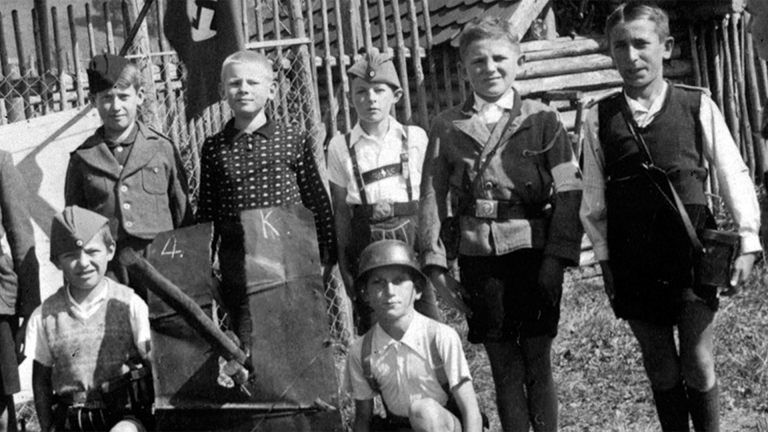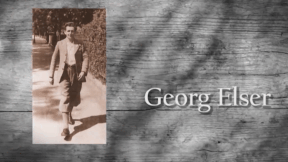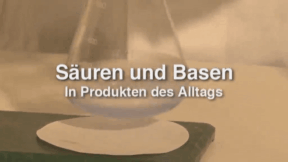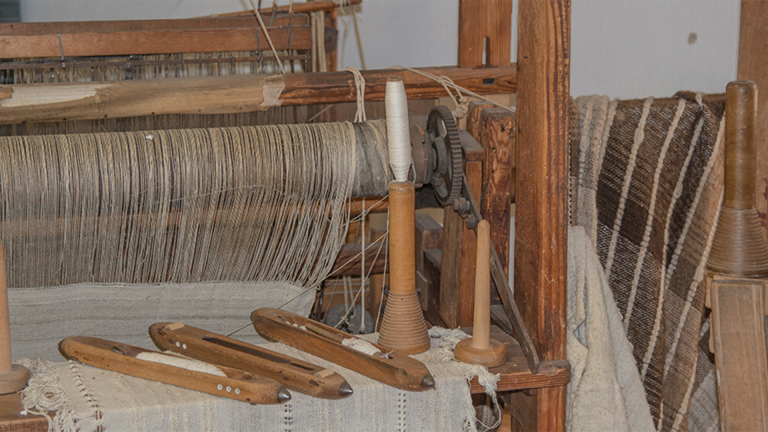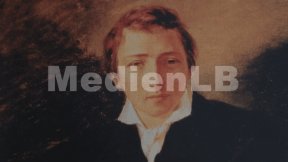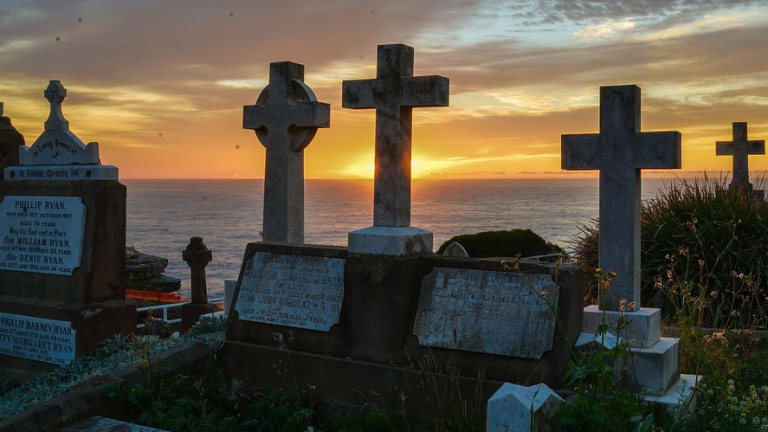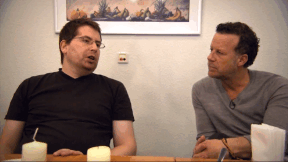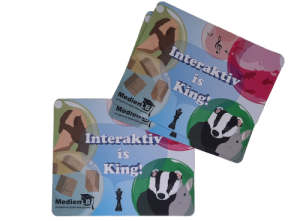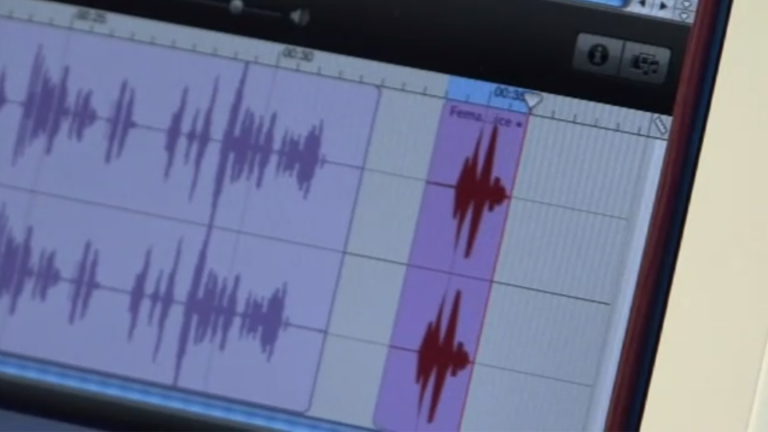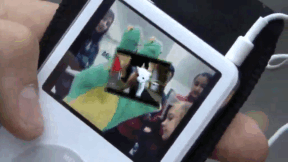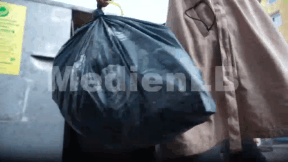Suche:
- # Artistry
- # Biology
- # Chemistry
- # Ecological
- # Economy
- # English
- # Foreign Language
- # Geography
- # German
- # Health
- # History
- # Informatik
- # Latin
- # Mathematics
- # Media Education
- # Music
- # Physics
- # Politics / Civics
- # Preschool
- # Primary School
- # Religion
- # Society
- # Sports
- # Technology
- # Training of Teachers
- # Vocational Education
Mayor(ess)
Gauting is a municipality southwest of the city of Munich in Bavaria. About 20,000 people live in the municipality. But who actually ensures that such a system works? Who determines how and what is built? Who will ensure that traffic is regulated for all? That there are traffic lights, that pedestrians have their rights? Who makes sure that enough playgrounds are built and that there are schools for the children of the community to go to? Who leads the administration of such a municipality which is needed so that everything we take for granted in everyday life works smoothly? A mayor or mayoress takes care of all these activities. In Gauting, this is Brigitte Servatius. Today we want to visit the mayoress in the town hall with class 4c of the primary school Gauting and ask what a mayor actually does.
Learn moreSpace
The conquest of a new world: the first satellite, the first man in space, the first steps on the moon – pictures we all know.
Learn moreSmart Grid
The turnaround in energy policy is meant to lead away from the old system of centralised power stations, from the conventional energy sources such as coal, oil or nuclear power. Instead, energy is to be generated in a lot of smaller installations from renewable sources such as sun or wind. That leads to a new structure of energy supply. The turnaround requires a new, intelligent system with which the energy exchange between generator and consumer will be controlled in the future. The English term “smart grid“, which translated means nothing other than ’intelligent electricity network’, represents this system of the future.
Learn moreThe Egyptian Book of the Dead
The notions described in the texts and pictures of the Book of the Dead are central to the ancient Egyptian belief in an afterlife – the belief in resurrection and life after death. In order to be granted passage to the “Realm of the Blessed”, the deceased first have to justify themselves before the Court of Death and give account that they have led their lives according to the laws of Maat – the order of the universe and justice. The Book of the Dead lists the names of the judges at the Court of Death, who the dead must appeal to and convince of their innocence. Further, it contains a plethora of magical texts for the protection of the deceased and describes the places in the underworld. These texts were inscribed on papyri, coffins and numerous burial objects like canopic jars, uschebtis or mummy masks so that they were available to the deceased at any time. After all, they describe their transformation from mortals to glorified god-like beings who would live eternally.
Learn moreGeorg Elser
Who is this boy who almost killed Hitler later in his life? But for a gap of only a few minutes he would have decisively changed world history. Perhaps this boy would be hailed as a hero of German history today if his attack on Hitler had proceeded as he had planned? Who is this Georg Elser, who comes from a rather modest background and grew up in a small Swabian village far away from the big cities? And how did it happen, anyway, that he set out alone against Hitler? And why is it that this Georg Elser, who nearly changed the course of the world, is still so little known in Germany?
Learn moreAcids and Bases
We can find acids and bases in every supermarket, some of them in our food, others in cleaning agents. In everyday products, acids and bases as well as acidic and alkaline reacting salts have extremely different functions. In food, acids are either present or added as flavouring agents such as citric acid, tartaric acid and acetic acid, as antioxidants such as ascorbic acid or generally as acidifiers, sequestrants (citric acid and tartaric acid) and preservatives (acetic acid).
Learn morePre-March Era
After Napoleon's final defeat at Waterloo in 1815, Europe was reorganised at the Congress of Vienna.The civil rights achieved in the French Revolution, which spread throughout Europe, were taken back. The growing resistance to this culminated in the March Revolutions of 1848 in various European countries. The film traces the epoch of Vormärz in Germany and shows in particular how the political present of the time was reflected in literature.
Learn moreJunge Erfinder
Erfindungen begleiten uns täglich. Viele dieser revolutionären Erfindungen nehmen wir gar nicht mehr wahr in unserem Alltag. Doch ohne sie müssten wir in dunklen Höhlen sitzen und zu Fuß die Welt erkunden. Erfindungen haben uns und unser Umfeld nachhaltig verändert.
Learn moreDer Tod gehört zum Leben
Es gibt wohl kaum einen Aspekt unseres Lebens, der ähnlich eng mit ihm verknüpft ist, den wir aber dennoch gerne so weit wie möglich von uns weisen: den Tod.
Learn morePodcasting
Today, the use of new media has become a matter of course not only in everyday life – schools and teaching, too, benefit from the new technologies and methods, which support active and independent learning. Especially in computer science, ethics and language courses but also in all other subjects, modern media are a valuable pedagogic and didactic asset. This DVD uses the example of podcasts to demonstrate how the possibilities opened up by new media can be applied in the classroom and how the pupils can be taught to handle them in a competent and target-oriented manner. The film is aimed at supporting the use of podcasts at school and encourages making them. This also requires the ability to find information on the Internet and assess it. The film informs on the functionality of podcasts and technical background as well as on the teaching and learning possibilities offered by podcasts – ranging from specific contents to superordinate learning targets such as the advancement of creativity and team spirit. The DVD is a useful support for teachers applying new media and wishing to show their pupils how to handle Running Time: 20:29 ms them in a sensible way.
Learn moreReconciliation instead of Judgement
The Criminal Code says: »Whosoever physically assaults another person is punished.« But the Criminal Code also says: »If the offender in an effort to achieve reconciliation with the victim (Victim-Offender-Mediation) has made full restitution for his offence, the court may mitigate the sentence or, unless the sentence is imprisonment of more than one year, may order a discharge.« The Youth Courts Law says:»The public prosecutor shall dispense with prosecution«, that means he does not bring charges and the matter does not go to court when the youth is ready »to achieve a settlement with the aggrieved person.«
Learn moreConditioning
The theory of classical conditioning is one of several learning theories which explains how behaviours can result from stimulation without, however, taking into consideration the processes in the brain (black box).
Learn more





